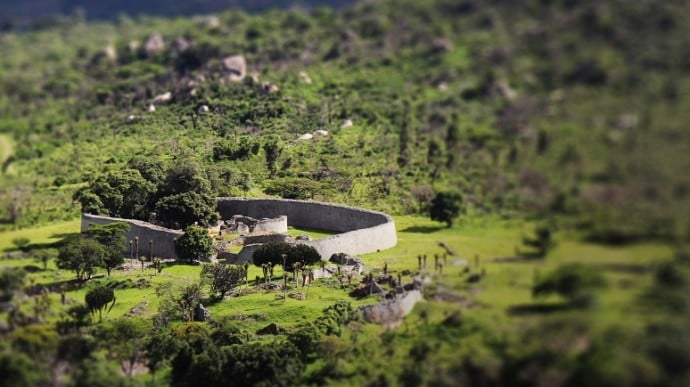The 13th issue of RE.SEARCH magazine (One Health) is available now. The digital versions of this award-winning magazine are interactive and include a host of accompanying multimedia.
This edition is curated around the concept of One Health, in which UP plays a leading role globally, and is based on our research expertise in the various disciplines across healthcare for people, the environment and animals. This global advisory role is more than symbolic – it ensures that the world’s solutions are shaped by those who understand the unique challenges and opportunities of Africa.
The University’s One Health journey is rooted in the conviction that health cannot be understood in isolation. It is the outcome of the relationships between people, animals, ecosystems and the socio-economic systems that shape them.
All nine faculties are once again represented, thereby broadening the concept of One Health and sharing multiple perspectives related to One Health. This edition has something to interest everyone.
You can learn more about how One Health perspectives shape our world and society from the tiniest organisms, the food we eat and the cultural or religious worldviews we hold:
Click on the cover below to read more.
November 21, 2025
 Story
Story
Paediatric neurosurgeon Professor Llewellyn Padayachy, Head of the Department of Neurosurgery at the University of Pretoria’s (UP) Steve Biko Academic Hospital, is redefining how brain-related diseases are diagnosed and treated, especially in low-resource settings. He’s at the forefront of pioneering work in non-invasive techniques to assess and measure raised pressure inside the skull,...
 Infographic
Infographic
Africa faces immense challenges in neurosurgery, such as severe underfunding, a lack of training positions and a high burden of disease. There is one neurosurgeon per four million people, far below the WHO’s recommendation of one per 200 000. This shortage, compounded by the lack of a central brain tumour registry and limited access to diagnostics, severely impacts patient outcomes.
 Story
Story
Highly sophisticated water management techniques of ancient civilisations demonstrate the ingenuity of inhabitants who lived with limited water. It appears we need to look to the past to ensure a stable water supply in the future.
Copyright © University of Pretoria 2025. All rights reserved.
Get Social With Us
Download the UP Mobile App